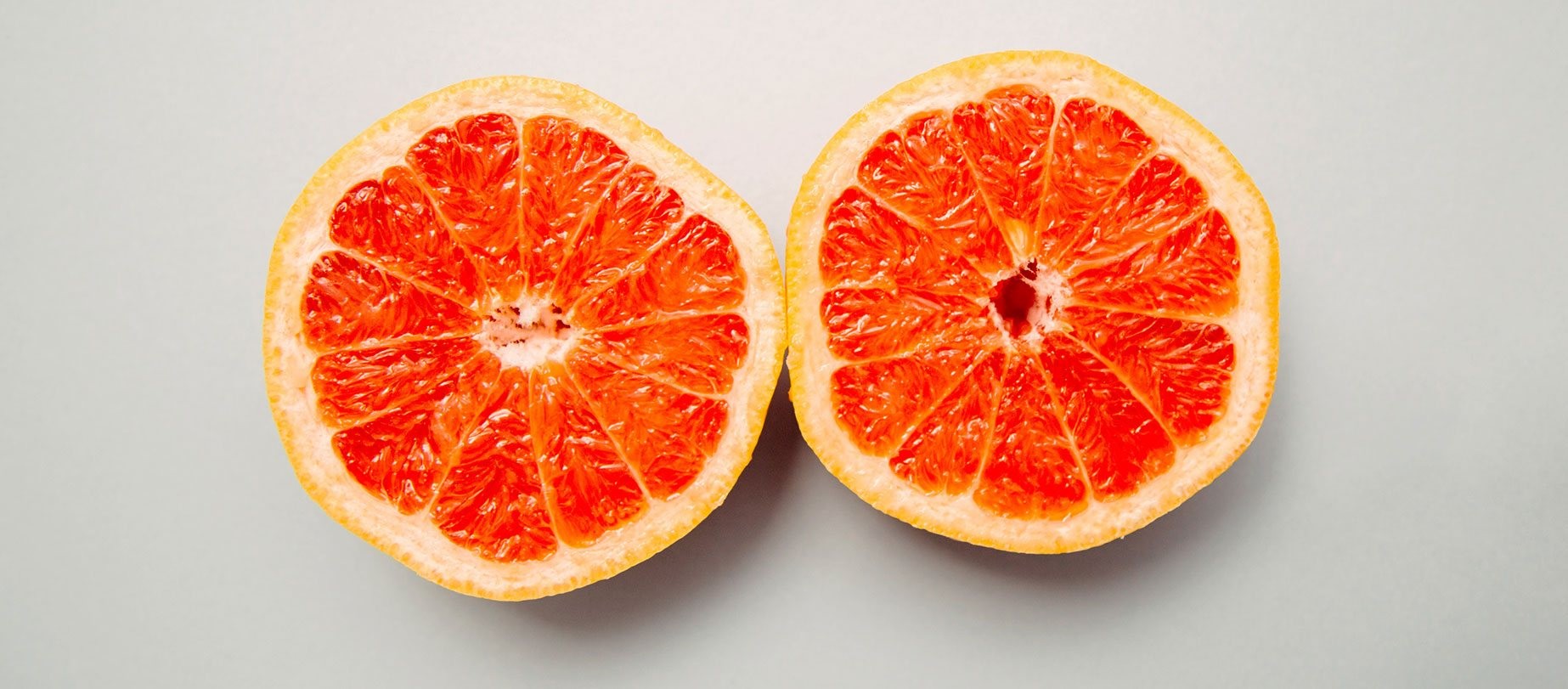But it isn’t good for you when it affects the way your medicines work. Grapefruit juice and fresh grapefruit can interfere with the action of some prescription drugs, as well as a few nonprescription drugs.
This interaction can be dangerous, says Shiew Mei Huang, Ph.D., acting director of the Food and Drug Administration’s Office of Clinical Pharmacology. With most drugs that interact with grapefruit juice, “the juice increases the absorption of the drug into the bloodstream,” she said. “When there is a higher concentration of a drug, you tend to have more adverse events.”
For example, if you drink a lot of grapefruit juice while taking certain statin drugs to lower cholesterol, too much of the drug may stay in your body, increasing your risk for liver damage and muscle breakdown that can lead to kidney failure.
Drinking grapefruit juice several hours before or several hours after you take your medicine may still be dangerous, said Dr. Huang, so it’s best to avoid or limit consuming grapefruit juice or fresh grapefruit when taking certain drugs.
Examples of some types of drugs that grapefruit juice can interact with are:
Tips for avoiding drug/grapefruit juice interactions:
Grapefruit juice does not affect all the drugs in the categories above. Ask your pharmacist or other health care professional to find out if your specific drug is affected.
The FDA has required some prescription drugs to carry labels that warn against consuming grapefruit juice or fresh grapefruit while using the drug, says Dr. Huang. And the agency’s current research into drug and grapefruit juice interaction may result in label changes for other drugs as well.

